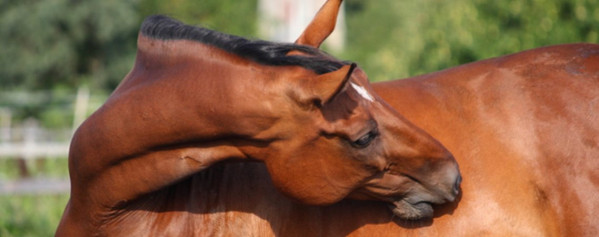
Are you concerned that your horse may have an allergy or intolerance?
Ellen, our Nutritionist, explains the different signs and symptoms to watch out for and tips on how to assist your horse if you suspect they may have an allergy or intolerance...

 Call Stephanie Hyland MSc RNutr. or
Call Stephanie Hyland MSc RNutr. or

Are you concerned that your horse may have an allergy or intolerance?
Ellen, our Nutritionist, explains the different signs and symptoms to watch out for and tips on how to assist your horse if you suspect they may have an allergy or intolerance...
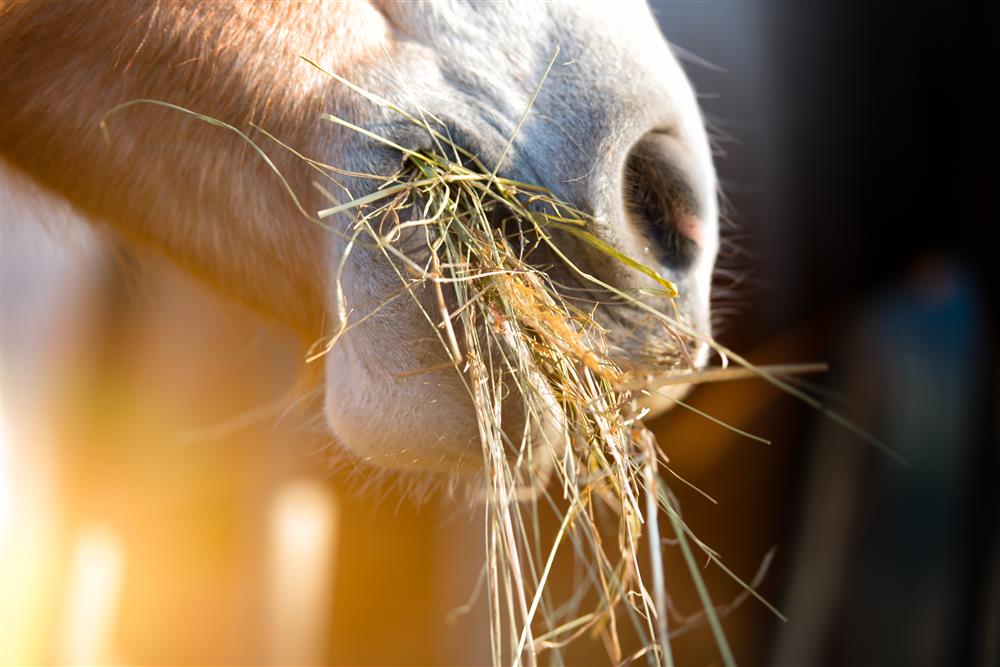
The equine digestive system is complex. Our Senior Nutritionist, Abbie, looks deeper into the different parts of this system and explains how it functions to allow our horses to digest feed...
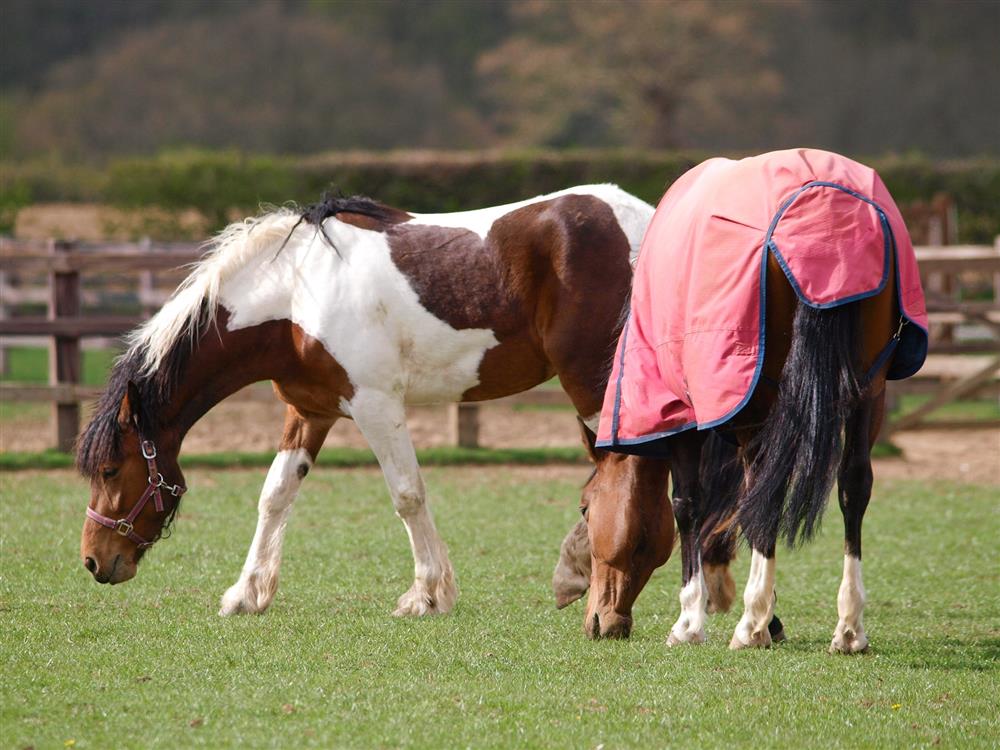
The winter months are creeping in on us! Not only is it time to prepare ourselves for the drop in temperatures, the frequent rain, and the endless supply of mud, but we must also prepare our turnout areas before the harsh weather is upon us...
Our Nutritionist, Ellen, shares some top tips on getting your horse’s turnout pasture fit and ready for the colder period.
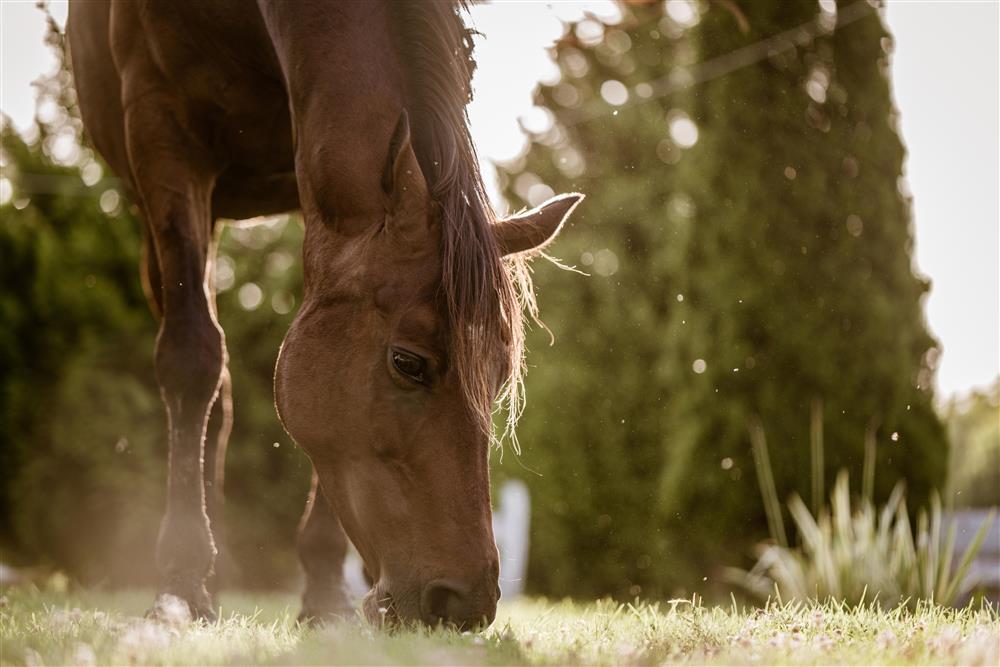
Maintaining an ideal weight can be very difficult for certain horses and ponies, particularly when fresh flushes of grass are appearing in paddocks.
Here are 9 helpful tips for managing overweight horses, promoting weight loss and optimising the diet to provide essential nutrients without excess calories.
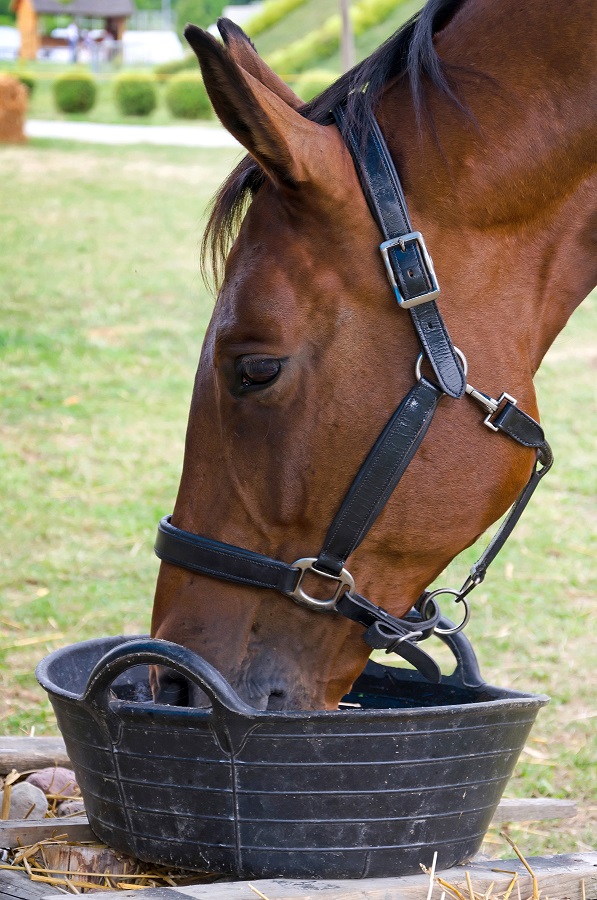
Providing a nutritionally balanced diet is the basis to keeping a happy and healthy horse, however some horses may require additional support for a number of reasons. There are a large variety of supplements available and choosing suitable products for your horse can seem a little daunting. Our Nutritionist explains exactly what supplements are and how to determine whether your horse may need additional nutritional support…
The horse is known as a hindgut fermenter, this means that they break down a large amount of fibre in the large intestine. Our Nutritionist investigates prebiotics and probiotics, explaining what they are and why they are important in the equine digestive system.
Do you feed the correct feeding rates for your horse’s bodyweight? Our Nutritionist explains the importance of calculated feeding rates and why you should ensure your horse is receiving the accurate quantity of supplements and feeds.
Do you know which oils are best for your horse? Our Nutritionist looks into oil, when you should feed it and why it may be beneficial to add it to your horse's diet.
In light of National Obesity Awareness week, our Nutritionist takes a look at equine obesity and how you can take advantage of this colder season to get your horse to a healthier weight. It’s the ideal time to assess your horse’s bodyweight and condition, here is some helpful guidance on doing this…
Carbohydrates are an essential part of the horse’s diet. Did you know that fibre, sugar and starch are all carbohydrates? High fibre diets are very common; however, many horses may require a low starch and sugar diet - especially those prone to laminitis, EMS and tying up. To discover the ins and outs of carbohydrates and what they mean for your horse, read our Nutritionist's new blog.
Fibre plays a highly important role in the horse’s diet both in the wild and domestically for horses in no work to those in very hard work. It is also important metabolically and biochemically. Fibre can be commonly found in feedstuffs such as grass, conserved forages like hay and haylage as well as chaffs, however it is also found in feedstuffs known as super fibres. Our Nutritionist explains these "Super Fibres" and what they can mean for your horse...
Forage should make up the largest part of your horse’s daily diet, but do you know which forage is best for your horse and how much he should be consuming every day? In this week’s blog, our Nutritionist discusses the different types of forage and some important tips which are easy to forget...
You will also earn Reward Points, be the first to know about offers, and keep up to date with the latest in equine health and nutrition.